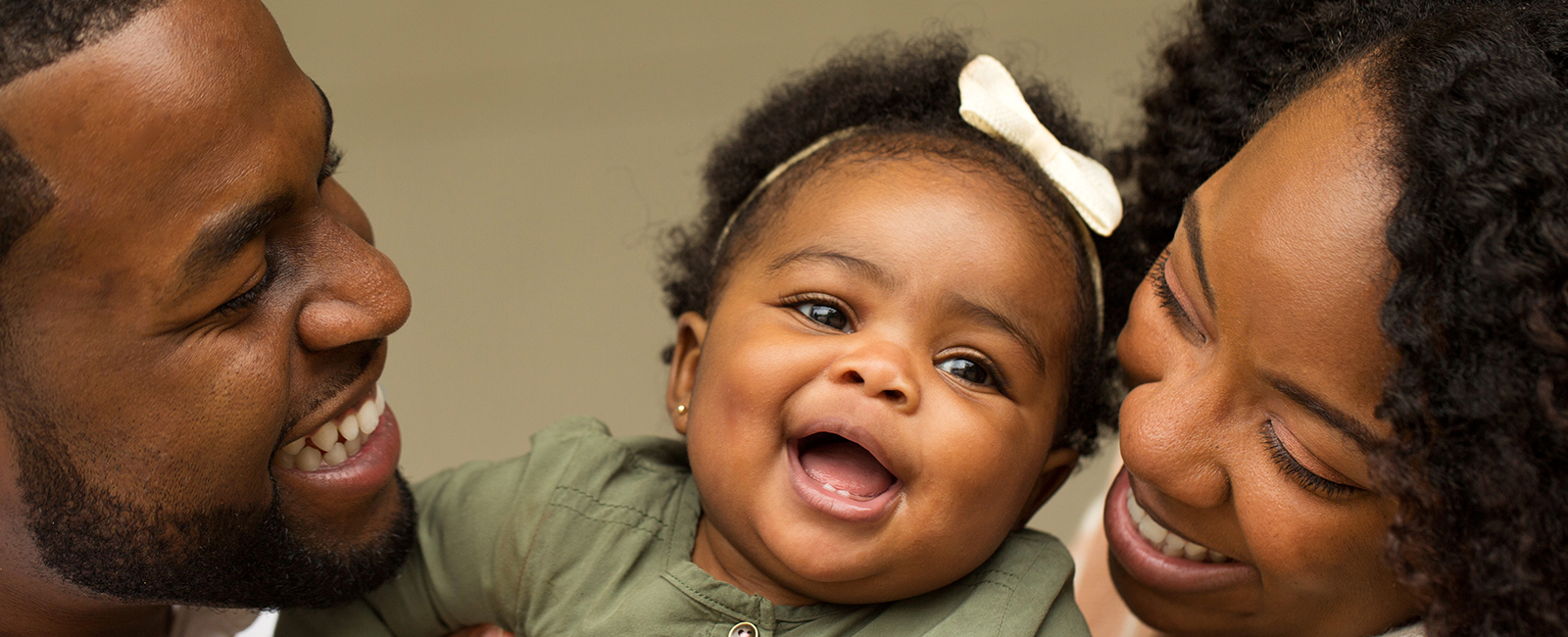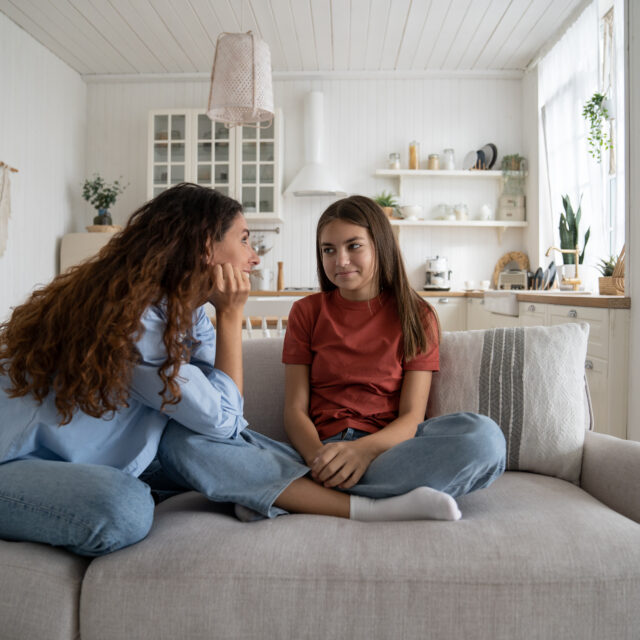Relationships take work and require ongoing effort. Teaching our children how to build and maintain healthy relationships also takes work, but the benefits last a lifetime. Those with daughters know the unique challenge of helping girls recognize healthy relationships.
To find positive parenting tips, we contacted the Youth Initiatives Team within Northern Virginia Family Service (NVFS) to learn of positive parenting tips to help girls recognize healthy relationships.
In this blog, we will review five positive parenting tips:
- Modeling Healthy Relationships
- Create an Environment of Non-Judgmental Communication
- Aim to Guide Rather Than Direct
- Set Boundaries
- Seek Support
If you are reading this blog to seek support, you will find helpful links in section five.
As a parent or caregiver, you may have faced challenges while striving to shepherd a daughter or young girl through the maze of relationships. You are not alone. These five positive parenting tips and resource links act as a guide to help girls recognize healthy relationships, which can also help them avoid abusive relationships.
Model Healthy Relationships
Relationships that you have with your child will inform the relationships they build with others. When teaching a child about healthy relationships, there are core skills to teach. Here are three cornerstones of modeling healthy relationships.
Time: Prioritizing time together sends the message that those who care about you make time for you. It helps create positive standards for their future relationships, conveying that those who love you make time for you. Make intentional space in the calendar to spend time as a family and schedule at least one monthly family activity.
Emotions: Regulating your feelings in positive ways sets an example of how to navigate emotions and demonstrates the self-awareness your child should look for in a friend or partner. Be mindful of your use of words and the volume of your voice, especially when you’re angry. Ensure you don’t use insults or derogatory comments for those around you. Regulating their emotions positively and not showing impulsiveness will serve as model behavior and will have a high positive expectation for their future partners.
Communication: Practicing effective communication skills when conflicts arise between you can help your child learn to use the same techniques in the future.
Communication is the link to long-lasting relationships, and it also helps girls recognize healthy relationships. In the next section, we explore the benefits of non-judgmental communication.
Open and Non-Judgmental Communication
Your child will be more likely to talk to you openly if they trust that they can do so without judgment.
As adolescents take on increasing responsibility, make more independent decisions, and further develop their unique identities, they will inevitably make decisions that do not turn out as planned. Reactions to these decisions, and those of their friends, that are empathetic, rational, and reflective, can help encourage your teen to continue to come to you in difficult situations.
Teens will often make mistakes, but it is from those mistakes that they will learn meaningful life and relationship lessons. Remember, as a parent or caregiver, you are a guide. For tips on how to act as a “guide,” keep reading…
Guide Rather than Direct
Help your child reflect on their relationships through open-ended questions. For example, asking questions such as:
- What do you like about this person?
- How do you see this friendship helping you to grow as a person?
- What would happen if you made a choice your friend group or partner didn’t agree with?
- If you were in a situation where you were uncomfortable with this person, do you feel like you could say no?
- Do you feel like both people in the relationship are freely giving their consent?
Guided questions can help teach the teen to evaluate whether or not a relationship is worth maintaining. Most will find these guided questions helpful, even as adults assess relationships. The five questions the NVFS Youth Initiatives Team provided are worth saving and reviewing with your teen as needed.
Set Boundaries
Suppose your teen struggles to recognize and respond to signs of negative relationships and set boundaries around when and how to spend time with a friend or partner. (Especially if there are signs that the relationship is abusive.) Here are some tips and examples:
- Create a boundary that your teen only communicates online with people that both you and they have met in person.
- Create the boundary that your teen spends time with certain friends at your home when family members are around rather than unsupervised in the community.
- If you observe behavior that you feel is abusive, communicate with your teen directly about the behavior you see as unacceptable. Please explain why your concern is, let them know it is not their fault, and create a safety plan for leaving the relationship. Explain that it is okay to ask for the support of professionals through school, mental health professionals in the community, or law enforcement, depending on the severity of the situation.
While teaching your teen about healthy relationships, you may feel the need to seek support. Again, remember you are not alone. Help is available in the Northern Virginia community, through NVFS, within the school community, and through national resources. There are resources to assist with Positive Parenting Tips to Help Girls Recognize Healthy Relationships.
Seek Support
Educating yourself through available resources can help you feel empowered to navigate situations that may arise. Consulting with a professional at school or through mental health services can offer perspective if the steps you are taking to help your child manage relationships are ineffective. Here are some places to start:
Healthy relationships for young adults | love is respect
Dating Violence – Virginia Rules
Virginia Sexual & Domestic Violence Action Alliance (vsdvalliance.org)
RAINN | The nation’s largest anti-sexual violence organization
Undoubtedly, helping girls recognize healthy relationships provides a skill set for adulthood, but it also strengthens the mental health of today’s teens. Maintaining healthy relationships lowers the rates of anxiety and depression while building higher self-esteem. It builds trust and empathy for others. And a secondary benefit is better overall health.
Now is the time to help girls recognize healthy relationships.





